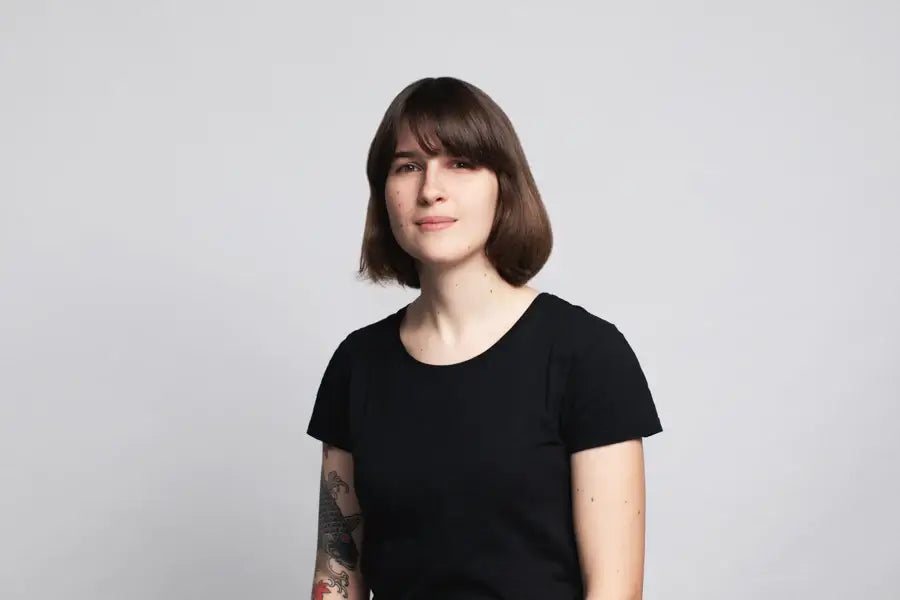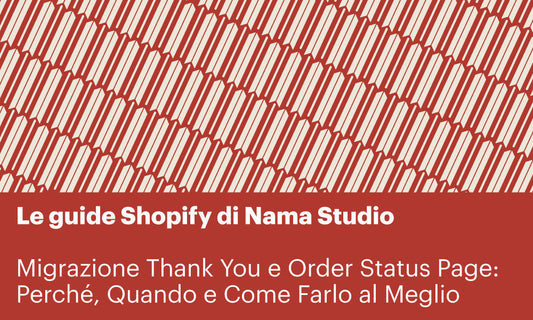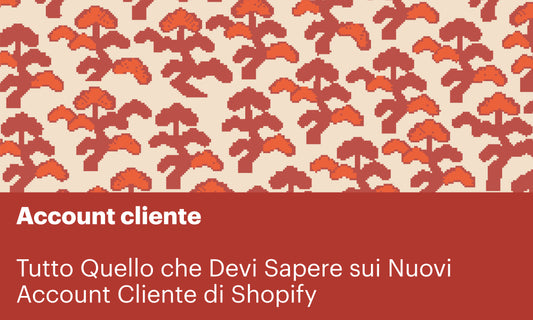Simonetta Degano, entrepreneur, freelance consultant and university professor in the luxury and fashion field has recently launched her own brand, based on the idea of timeless elegance and quality. In this interview she shares the story of her project, starting from the experience with many luxury brands to the idea of creating her own. You can buy her beautiful caftans, chemisiers and shirts on simonettadegano.com .
NAMA
Hi Simonetta, we’re happy to have you here! Let’s start from the origins: you were born in Trieste, but then studied and worked in Milan and New York, two important cities in the fashion industry. What influence did these three cities have on your idea of fashion and your taste?
SIMONETTA
One of the sweetest memories of my childhood was Nora, the seamstress that used to come to our house to make us clothes and take back those that would not fit us anymore. She’s been with us for years and years, and has accompanied three generations of my family. This is something that unfortunately doesn’t exist anymore, but that is still vivid in my mind and that has deeply influenced me. Trieste to me means family, traditions, a mixture of languages and cultures that were part of our daily life. Each object at home had its own story: the glasses of my Hungarian grandmother, the writing desk owned by my grandfather who came from Switzerland, and then the architecture books of my other grandpa who studied in Vienna. Trieste taught me the importance of history and that objects can carry unique and lively, fascinating stories.
While in Milan and studying at the Marangoni Institute, I have discovered the true meaning of style and elegance. I arrived in the city believing that style and trend were deeply intertwined. Fashion for me was the one I could see on magazines and catwalks, while in Milan I discovered something that my mum had always told me: fashion passes, style stays. Between the streets in the city center and the Milanese boutiques I have learnt to recognize the elegance in simplicity and the importance of a timeless style. I fell in love with the quality, the textiles, and I started appreciating the charme of buying a blue jumper in a local boutique instead of buying endless clothes from a fast fashion chain.
In New York I used to live in the Village and I used to take endless walks. Here I discovered vintage shops, antique dealers and workshops full of clothes and objects that I knew well, but that here acquired a unique allure and value. Something I have always taken for granted, that was here reinterpreted, reimagined, giving life to a new and very original style.
NAMA
You have worked for big fashion brands: where did the need of starting your own business come from? What challenges have you faced, and how did your previous experiences help you in overcoming such challenges? How is this new adventure as an entrepreneur impacting on your consulting and teaching style?
SIMONETTA
Working for big companies has given me and taught me much. Even now I keep stressing to my students the importance of paying your dues. My experience has been wonderful and hard at the same time, with big moments of enthusiasm, but also discouragement and tiredness. Mine was a beautiful and exciting job. I managed to arrive where I wanted, but I didn’t feel fully fulfilled. I was traveling a lot, with growing and growing responsibilities, but at the same time I was missing out on something even more important. My life.
After missing birthdays, weddings and important events because I was at the opposite side of the world for the launch of some new collection, I started realizing I wasn’t sure anymore of what my priorities were. What I was doing didn’t feel like “mine” anymore, and I therefore decided to quit. It was terrifying in the beginning. I didn’t have a plan B, I needed to completely rethink my idea of failure and understand how to take my life back. For years I was the PR of a big company. A role that got me not only professional, but also social recognition. But how about now? Time and family saved me: my family supported me, listened to me, and day after day I started piecing myself together.
After a year, I started my teaching and consulting adventure. I found, once again, the joy and pleasure to work in this sector. I learnt to follow diverse projects, and I realized how much I loved combining the business and the teaching work.
The project of making my own brand starts five years later. I have always considered it as that next step that I wouldn’t have taken a few years ago, but that today felt normal and necessary, the completion of a path I started a long time ago. To follow a project from start to end, put myself out there, becoming a better teacher and consultant, pairing experience and competences. Today I feel I have a constructive dialogue with my clients, that is enriching for both parties. In the classroom I tend to bring practical examples, I tell stories and stress challenges that I have never encountered in my previous roles. And at the same time every day my students give me very useful ideas and feedback that make me a better professional and entrepreneur.
NAMA
On your website you say that "The simplest thing is the hardest to find". The concept of a minimalist fashion, that offers an alternative to the fast fashion trends and creates a high quality, durable product, is at the center of a debate around building sustainable consumer habits. What is, now, your ideal of fashion, and how did it change through time? What is your “never without” piece?
SIMONETTA
My current idea of fashion revolves around a few, high-quality pieces, simple and adaptable to your style and needs. A piece easy to wear at any age, without any unnecessary frill. A simple, and somehow banal, jumper, but wonderfully made. One of those pieces that works well with anything you wear and that lasts for a lifetime. I like to think about an entire collection of “never without” pieces.
NAMA
You work with natural fabrics, produced in Italy by qualified, ethically responsible companies and laboratories (Km 0). How did you look for the right materials and manufacturers? How did you decide to use unconventional fibers like bamboo?
SIMONETTA
The quality of a piece of clothing can be easily recognized by its fabrics and materials. For my brand I have chosen unique and special materials, produced by Italian companies and laboratories, all moved by a strong passion and competence. Our fibers come from an Italian supply chain, transparent and with high standards. Not everyone knows the materials we use, but they have such a high quality and still so much to give for a current and future fashion industry based on quality, respect for the environment and respect for the final consumers. A fashion that enriches instead of damaging and exploiting. We are really looking forward to sharing more and more about our journey into these new materials.

NAMA
On your website you show in a transparent way the production cost of each garment, creating a relationship of trust with your final user. You also chose to use non-professional models (Paola and Giorgia, architect and physiotherapist respectively), that pose with no make up on. Where does the idea of eliminating as many barriers as possible between the brand and its followers come from?
SIMONETTA
Who works in this sector knows that unfortunately we often pay five - even ten times the value of a piece, due to many intermediaries and politics. One of the first objectives of this project has been guaranteeing to our consumers a high-quality product, with a fair price, justified and transparent. Fashion is often a synonym of charme and magic, but it should not become an illusion.
We live in a moment when using filters, retouching photos or paying someone to wear and advertise our products is the norm. Anything that doesn’t meet our expectations or that isn’t “perfect”, gets canceled or edited. In this way I believe we’re losing touch with reality. We believe such reality is unique, charming and beautiful in its imperfections.
NAMA
United we are stronger - and who better than you can give us a recommendation in this sense: is there any website of ethical, minimalist, sustainable fashion you’d like to share with us?
SIMONETTA
There are many projects and Italian websites that I have been following for a while and really admire. For example Arknit or The Dressing Screen, a multi-brand online store that collects many niche or artisanal brands. Internationally speaking, at the moment I’m very fascinated by Australian brands. There are many projects that share a simple and linear style, sustainable fabrics and an ethical approach.
-
If you are considering using Shopify for your online store, you can subscribe here for a free trial or email us at info@namastudio.it




